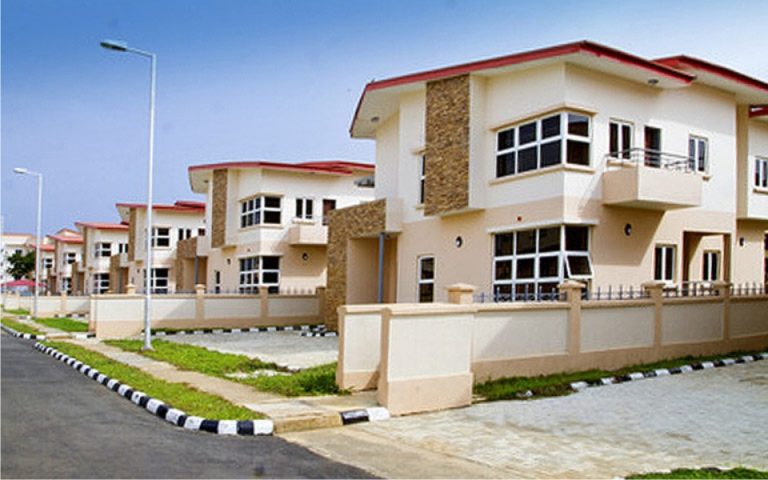Owning a home is a significant milestone and a dream shared by many Nigerians. With the soaring real estate prices, achieving this dream can seem like an uphill battle. However, there is a powerful tool that can turn this dream into reality: mortgages. In this blog post, we will delve into the world of mortgages, explaining what they are, how they work, and why Nigerians can use them to finally own their homes.
Understanding Mortgages
A mortgage is a type of loan specifically designed for purchasing real estate. It allows individuals to buy a home by borrowing money from a financial institution, such as a bank or a mortgage company. The home itself serves as collateral for the loan, meaning that if the borrower fails to repay the loan, the lender can take ownership of the property through a legal process called foreclosure.
Key Components of a Mortgage
- Principal: This refers to the initial amount borrowed to purchase the home.
- Interest: Lenders charge interest, which is the cost of borrowing the money. It is typically expressed as an annual percentage rate (APR) and is added to the monthly mortgage payments.
- Down Payment: This is the upfront amount paid by the borrower as a percentage of the home’s purchase price. In Nigeria, the down payment can vary but is usually around 20% of the property’s value.
- Loan Term: The loan term is the length of time the borrower has to repay the mortgage. Common terms are 15, 20, or 30 years.
- Monthly Mortgage Payments: These payments cover both the principal and the interest and are usually paid on a monthly basis.
Benefits of Using Mortgages for Homeownership
- Affordability: Mortgages make homeownership more accessible by allowing buyers to spread the cost over several years, making it easier to manage financially.
- Building Equity: With each mortgage payment, a portion goes toward reducing the principal amount, helping the homeowner build equity – the difference between the home’s value and the remaining loan balance.
- Tax Benefits: In many cases, mortgage interest payments are tax-deductible, providing potential tax benefits to homeowners.
- Property Appreciation: As property values tend to increase over time, homeowners can potentially benefit from capital appreciation.
- Stability and Control: Homeownership provides stability and a sense of control over one’s living environment.
- Investment: Real estate can serve as a long-term investment, offering financial security and potential rental income.
Navigating the Mortgage Process in Nigeria
- Research and Pre-Approval: Research various lenders, compare interest rates, and get pre-approved for a mortgage to understand your budget and increase your bargaining power.
- Down Payment: Save for the down payment, aiming for around 20% of the property’s value.
- Choose the Right Mortgage: Select a mortgage type that suits your financial situation – fixed-rate, adjustable-rate, or other options.
- Legal and Documentation: Engage legal professionals to review the property documents and ensure a smooth transaction.
- Repayment Plan: Understand your repayment obligations and create a budget that includes monthly mortgage payments.
- Financial Discipline: Maintain financial discipline to ensure consistent repayment and protect your investment.
Conclusion
Mortgages offer a valuable opportunity for Nigerians to achieve the dream of homeownership. By understanding the components of a mortgage, the benefits it offers, and navigating the mortgage process wisely, individuals can make informed decisions that set them on a path to owning their own homes. With proper financial planning and a clear understanding of the responsibilities, owning a home in Nigeria can become a reality for many aspiring homeowners.

































